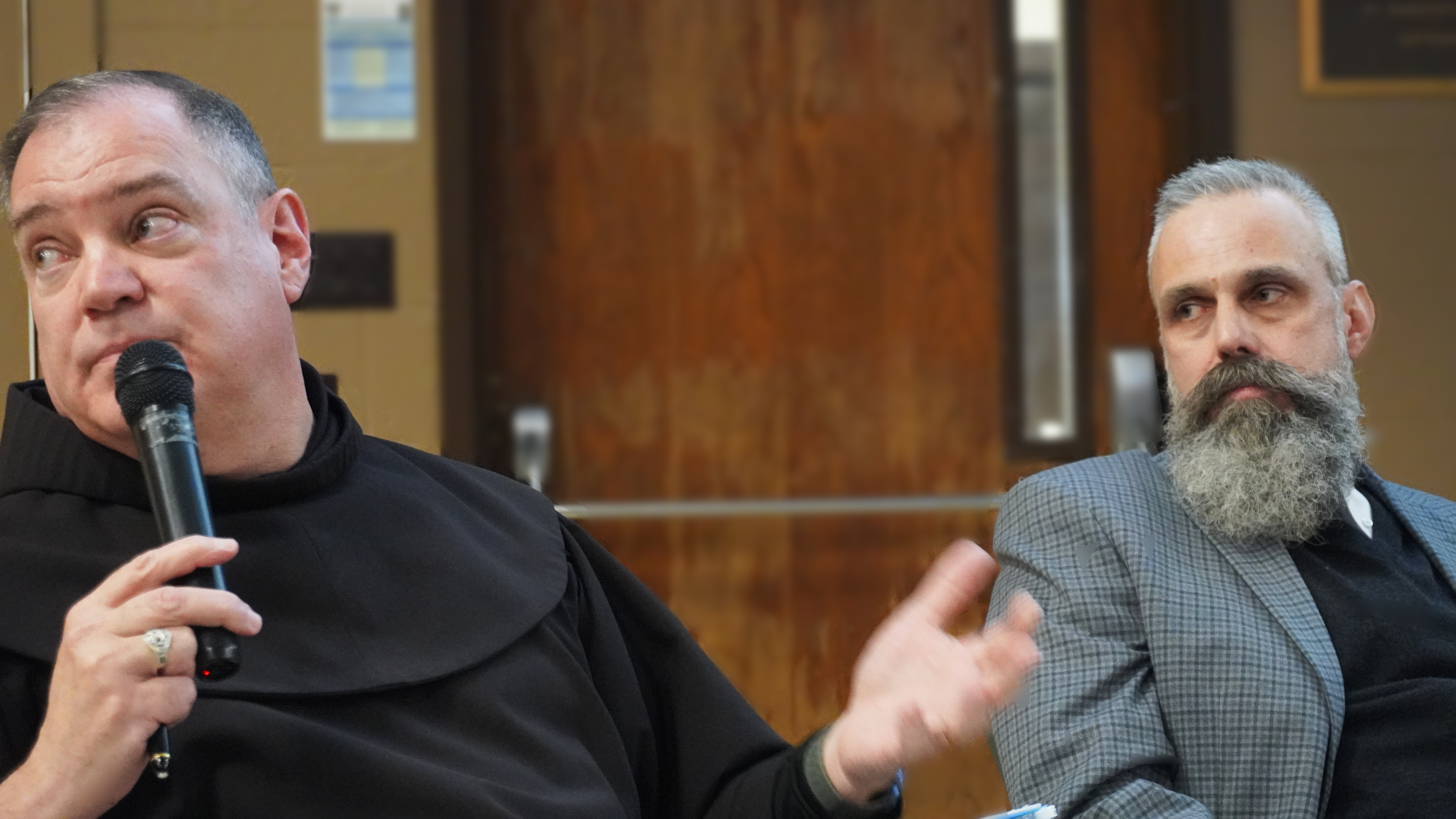Clare College, St. Bonaventure University’s general education system for the past 20 years, will end after this spring semester.
Registration dates are just around the corner, with graduate student registration beginning on March 16 and undergraduate on March 19, and some students are confused about the implication of the end of Clare College.
Christopher Stanley, Ph.D., professor of theology, found that, as students plan their schedules, many do not realize that courses under Clare College will no longer be listed in the schedule or necessary for graduation.
“My two sections of CLAR 206 were full in both fall and spring, even though only seniors were required to take it,” Stanley said. “I received many emails both times from students wanting to add into the course, but when I told them that they didn’t have to take this course under the new general education system, they were uniformly surprised.”
Clare College began with a vision to have a common educational experience for all students rooted in Franciscan tradition, said Stanley.
However, he said Clare College seemed to be an issue for faculty and students.
“It was a great vision, but it didn’t work on a practical standpoint,” Stanley said.
Barry Gan, Ph.D., oversaw the beginning of the process to build a new general education system and is glad to see that change is in the works.
“Clare College required students to take too many courses with no choice between them,” Gan said. “They felt imprisoned in those classes, even if some students eventually came to enjoy them.”
Stanley agreed and said many students complained that their courses were irrelevant to their interests, and often, too difficult.
“Students are less motivated when they lose their ability to choose,” Stanley said.
Mary Rose Kubal, Ph.D., professor of political science, said that, when she began teaching in 2001, students resented taking her Clare course.
“The truth is, I even dreaded teaching it because of bad student attitudes,” Kubal said. “I think it is time for a major revision of our core and general education requirements.”
Gan and Stanley added that they felt, under Clare College, the material professors could offer was too restrictive.
“Clare College really hurt my department,” Stanley said. “We had to devote three-fourths teaching time to covering Clare College courses.”
While the new curriculum loses some positive aspects of Clare College, such as the requirements to study philosophy of science, logic and fallacies, Stanley, Gan and Kubal agree the College still has the faculty excited.
“I really like that students have to take courses related to diversity and the study of human difference,” Stanley said. “It is very important in our contemporary world.”
Stanley also admires the push for more writing-intensive courses.
“The most important thing you can do is become the best writer you can,” he said. “That is how people judge you in the real world.”
Gan added that he is sure the new general education curriculum will be better and will enable more exploitation than was ever possible before.
“It allows more courses to count toward majors,” Gan said. “This makes it more likely that majors like philosophy, which were negatively impacted by Clare College, might again be able to grow.”
Kubal expects the new curriculum to meet students’ needs better in flexibility and choice.
“If faculty are more motivated to teach in the new general education system, then it will be better than Clare,” Kubal said. “If we implement it well, I think it will be easier to assess the curriculum and make adjustments than it was for Clare College.”
Overall, Gan, Stanley and Kubal approve of the changes and said that St. Bonaventure will benefit from them.
“It’s better for the faculty, our departments and the students,” Stanley said.






